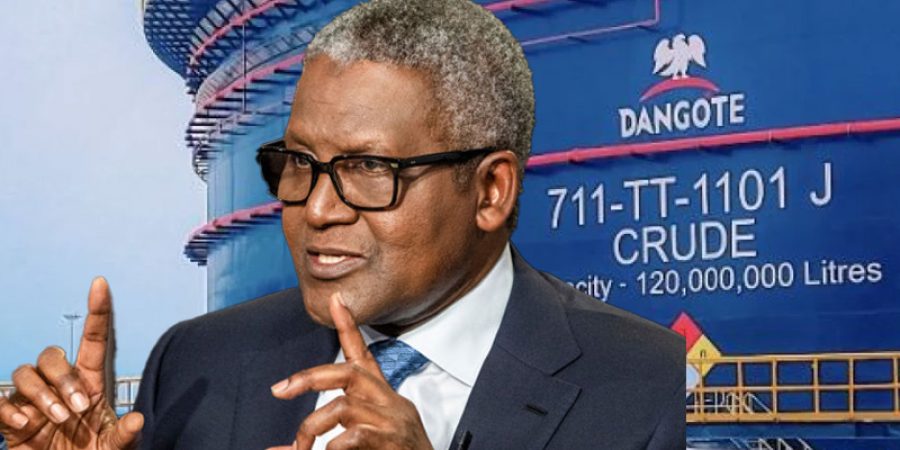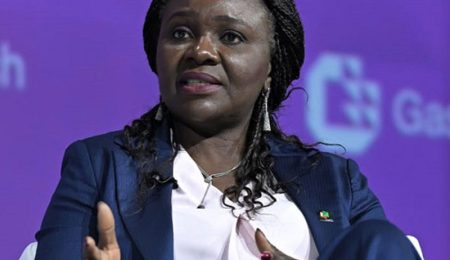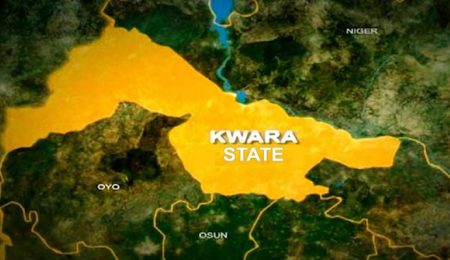Aliko Dangote, President of Dangote Petroleum Refinery, says the refinery now imports between 9 and 10 million barrels of crude oil monthly from the United States and other countries due to challenges with sourcing Nigerian crude.
Speaking on Tuesday at the West African Refined Products Pricing and Markets Development Conference in Abuja, Dangote described international oil companies (IOCs) as the most difficult part of the refinery’s journey, particularly in securing reliable crude feedstock.
“At the project inception, it was reasonable to assume that in a country producing about 2 million barrels per day, securing crude would be the least of our worries. But we were wrong,” he said.
According to him, instead of buying crude directly from local producers under competitive terms, the refinery has been forced to purchase from international trading firms who buy Nigerian crude and resell at steep premiums.
“As we speak today, we buy about 9 to 10 million barrels of crude monthly from the United States and other countries,” Dangote revealed.
He acknowledged that the Nigerian National Petroleum Company (NNPC) Limited had supported the refinery with crude cargoes “from the start to date”, but maintained that dealings with IOCs remain the most difficult aspect of the business.
He also pointed to major obstacles in crude transportation, citing persistent lifting schedule changes by upstream operators and excessive port and regulatory charges.
“Skyrocketing port charges made up about 40 percent of the total freight cost, meaning it cost two-thirds as much as chartering a vessel with the crew, insurance, and fuel included,” he said.
Dangote added that Indian refiners, despite sourcing crude from longer distances, benefit from significantly lower freight charges than his refinery in West Africa.
“In terms of port charges, it is currently more expensive to load a domestic cargo of petroleum products from Dangote refinery, as customers pay both at the loading point and also at the discharge point,” he explained.
“In contrast, competitors loading from Lome only pay at the port of discharge. This is simply unfair and unsustainable,” he said.
Faridah Abdulkadiri
Follow us on:



